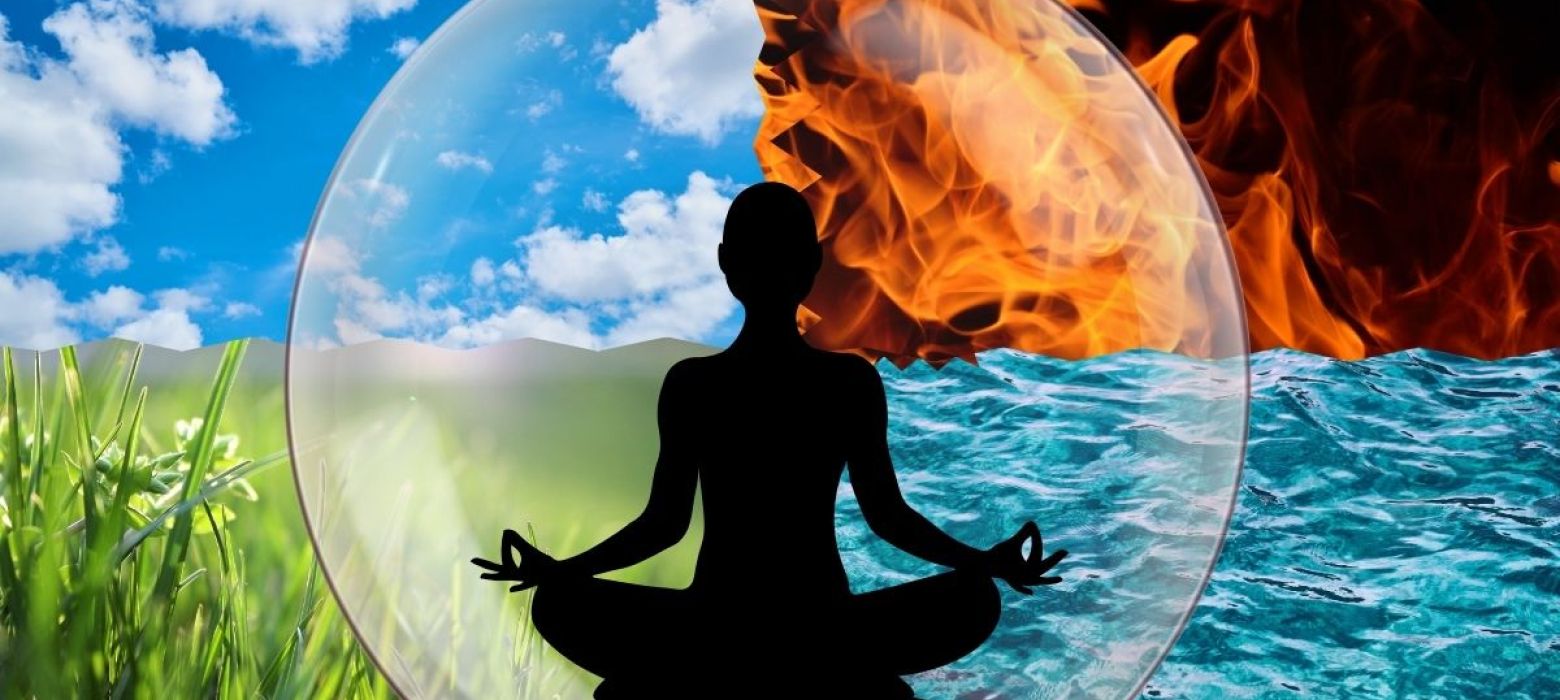
Philosophy, Psychology, and Spirituality of Yoga
The discipline of Yoga is not merely — or even primarily — the physical and postural exercise widely portrayed in New Age culture; rather, it has profound cultural roots that are often overlooked or even unknown to many. Studying Yoga’s philosophy, psychology, and spirituality allows us to know and improve ourselves, embarking on an evolutionary journey to rediscover harmony and freedom within our complex inner universe.
Yoga is a holistic science that teaches self-awareness, an understanding of our deepest nature, and the delicate role of sensory perceptions. These perceptions serve as precious channels through which billions of external information signals are transmitted to the brain. A lack of discerning filters for the constant flow of data to which we are exposed, combined with an unconscious use of our sensory organs, can lead to mental and physical illnesses.
We must learn to properly use our senses—hearing, touch, and sight—and, through the practice of Yoga, gradually become "lords of the senses" (Goswami), masters of our inner abode, capable of directing our senses in an evolutionary way. Being aware of how our personality is constituted and how different instances interact is the first step toward their gradual harmonization.
Human suffering stems from specific life experiences, and when a traumatic event is somatized without proper processing on the emotional level, it can lead to phobias or panic fears that may spiral out of control. A person cannot be separated from his/her life experiences; without conscious processing, these experiences lead to suffering. He/she feels fragmented due to inner contrasts and conflicts. Rediscovering the self (atman) means identifying our core, our deepest essence, whose radiance is often obscured by samskaras—causal seeds of action in Yoga psychology. Samskaras are latent psychic impressions, experiential traces lodged in the unconscious and accumulated over the course of different incarnations.
Karmashaya (the deep mind, or what Western psychology might refer to as the “unconscious”) literally means "the repository of karma" (from the Sanskrit root “kr,” meaning “to act”). It is the outcome of everything we have done in this life and in previous ones, arising from desire, turning into thought, then into speech, and ultimately, into action.
Beyond what a person recounts, lives, and experiences, how conscious is he/she of his/her own self and actions, beyond personal beliefs? Or is he/she instead "acted upon" by past occurrences, external conditioning, and mental automatisms? The human being should not be viewed solely from a physical or psychological perspective but rather considered within his/her bio-psycho-spiritual anthropological complexity.
The purpose of incarnate life, through human experience, is to reconnect with one’s spiritual potential by harmonizing the various aspects of personality. The eternal teachings of Yoga science offer an integrated vision of the human being, respecting the complexity of his/her nature, and provide the means to know and transform the mental mechanisms and behavioral conditioning that hinder full self-expression and realization in the here and now.
When applied consistently and with intensity, Yoga fosters the rediscovery of the potentialseach of us carries within, so that they can be actualized and put to service for our well-being, the good of all Creatures, and Creation.
Marco Ferrini (Matsya Avatar das)

